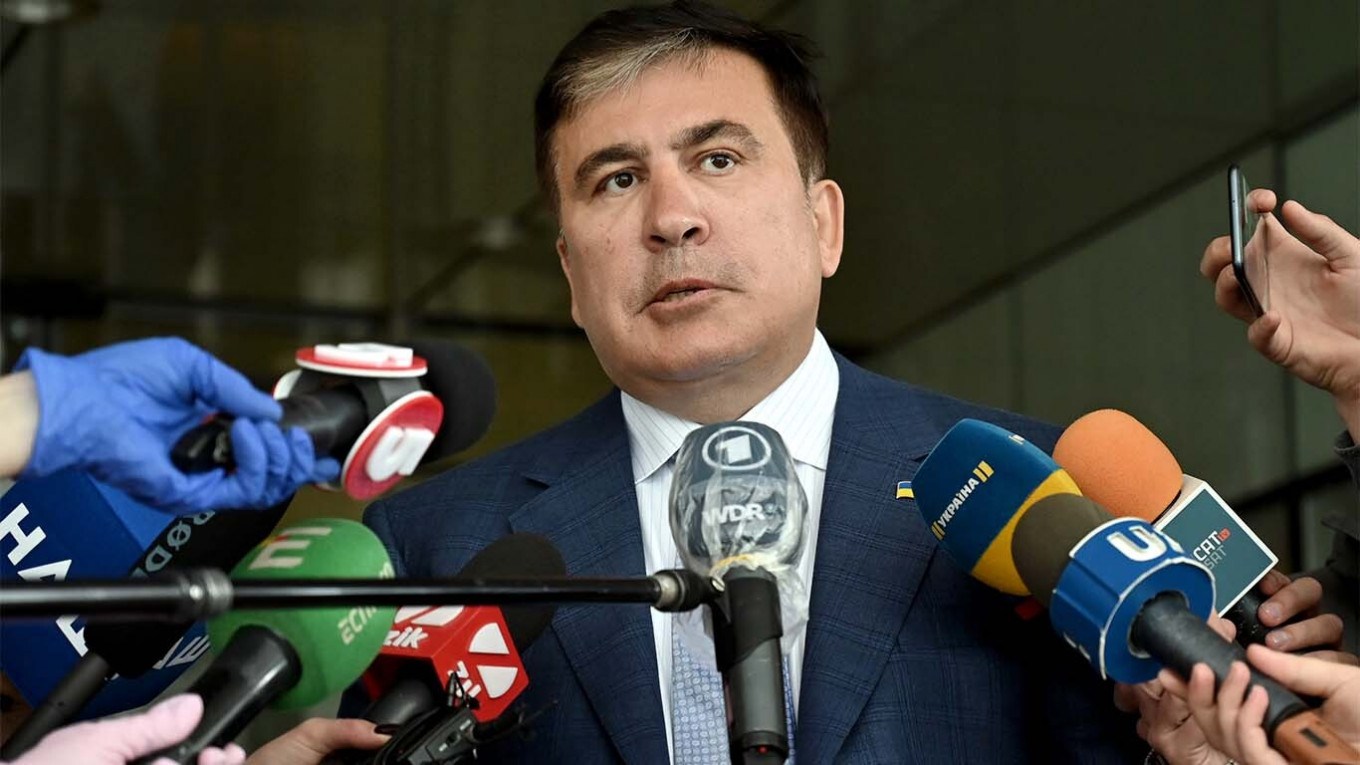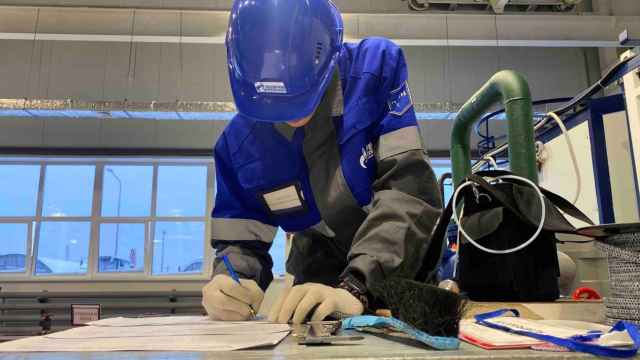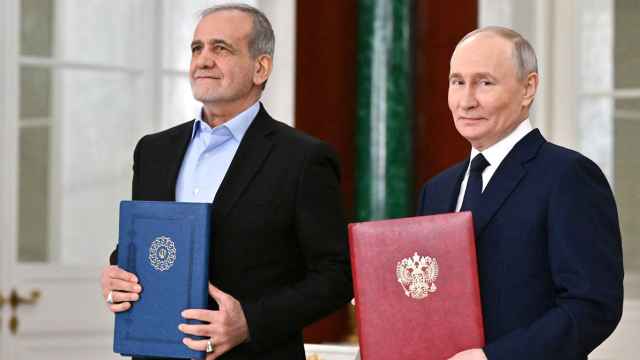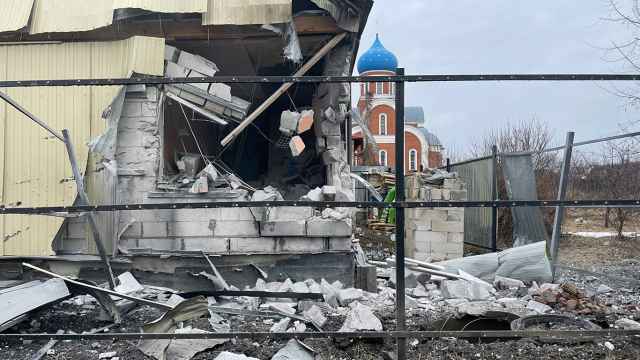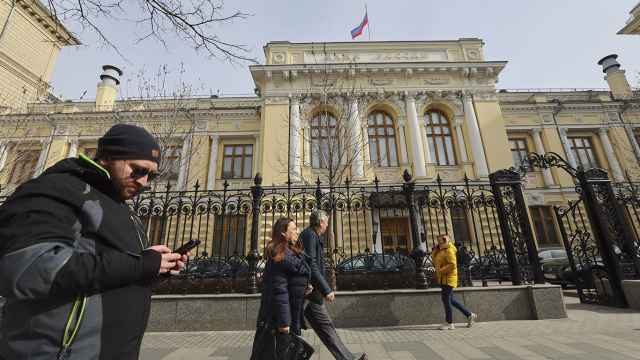Former Georgian president Mikhail Saakashvili said on Friday that he wants to help steer Ukraine through an economic crisis as the new deputy prime minister. His plans sparked controversy both in Kiev and his native Georgia.
President Volodimir Zelensky, who has vowed to secure Western investment and rid the country of corruption, has proposed appointing Saakashvili as deputy prime minister in charge of reforms after restoring his Ukrainian citizenship last year.
The candidacy of the 52-year-old - who also served as governor of a key Ukrainian region - must now be approved by parliament.
"Ukraine is entering an economic storm. We have to make unconventional decisions in order to save the Ukrainian economy," Saakashvili told reporters in Kiev.
"The president has entrusted me with conducting negotiations with the International Monetary Fund. Ukraine needs much more aid than it is receiving now," he added.
Saakashvili said lawmakers were expected to vote on his appointment next Thursday.
Saakashvili's appointment would come at a particularly difficult time for Ukraine, with observers warning that the shocks from the coronavirus pandemic may cause the country's economy to shrink by up to 10% this year.
Zelensky's government has sought to unlock an $8 billion loan from the IMF and negotiate an end to a six-year separatist conflict.
Observers were divided over the politician's return. Some claimed he would be instrumental in helping Zelensky reform Ukraine, while others warned that a new Saakashvili stint would spell trouble.
"I think he will eclipse everyone," a senior government member told AFP.
Yegor Sobolev, a former lawmaker who closely worked with Saakashvili, said his "enormous political experience" could help rid the country of corruption and red tape.
"Most of state functions and institutions are in a catastrophic state, so people like Saakashvili are needed," he told AFP.
If confirmed by parliament dominated by Zelensky's party, the appointment would mark a spectacular new chapter in Saakashvili's turbulent career which saw him put ex-Soviet Georgia on a pro-Western path after leading the bloodless Rose Revolution in 2003.
During his 2004-2013 presidency, Saakashvili reformed Georgia's economy and attracted foreign investment, but also went to war with Russia over two breakaway regions.
Georgia on Friday denounced Saakashvili's possible appointment as "totally unacceptable," with Prime Minister Giorgi Gakharia threatening to recall the country's Ukraine ambassador.
Saakashvili is wanted by the Georgian authorities on charges of abuse of office, which he denies as politically motivated.
After Saakashvili left Georgia, Zelensky's predecessor Petro Poroshenko appointed him governor of Ukraine's strategic Odessa region in 2015.
But his stint at the helm of the Black Sea region was dogged by controversy, as he criticized the huge wealth of some politicians.
He fell out with Poroshenko and was kicked out of the country.
Anatoliy Oktysyuk, an analyst with Democracy House think tank, said Zelensky was taking a major risk with the choice of Saakashvili, who has ties to his chief of staff Andriy Yermak.
"Zelensky is opening Pandora's box with [this] appointment," Oktysyuk told AFP.
A Message from The Moscow Times:
Dear readers,
We are facing unprecedented challenges. Russia's Prosecutor General's Office has designated The Moscow Times as an "undesirable" organization, criminalizing our work and putting our staff at risk of prosecution. This follows our earlier unjust labeling as a "foreign agent."
These actions are direct attempts to silence independent journalism in Russia. The authorities claim our work "discredits the decisions of the Russian leadership." We see things differently: we strive to provide accurate, unbiased reporting on Russia.
We, the journalists of The Moscow Times, refuse to be silenced. But to continue our work, we need your help.
Your support, no matter how small, makes a world of difference. If you can, please support us monthly starting from just $2. It's quick to set up, and every contribution makes a significant impact.
By supporting The Moscow Times, you're defending open, independent journalism in the face of repression. Thank you for standing with us.
Remind me later.


